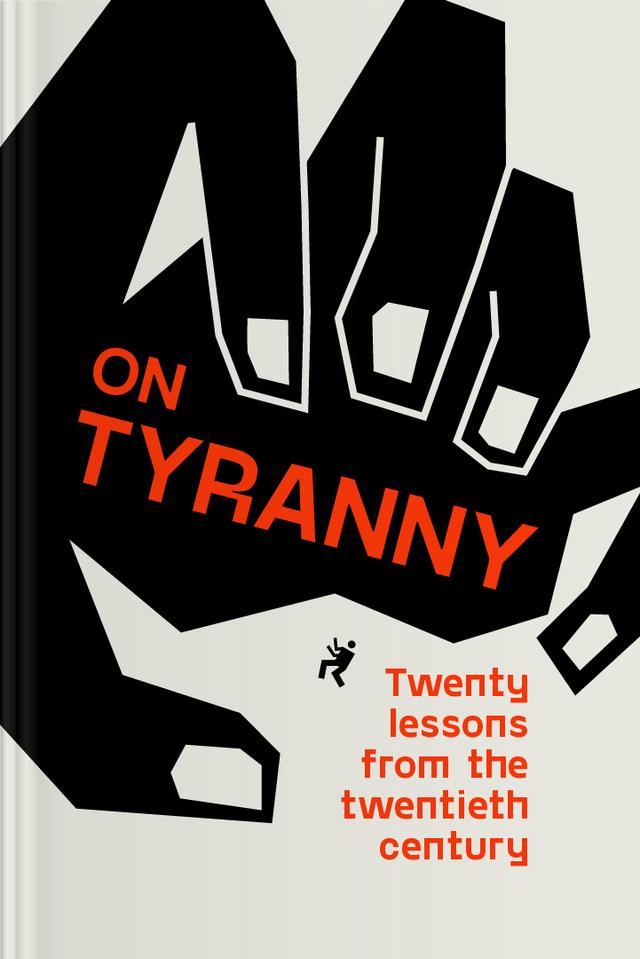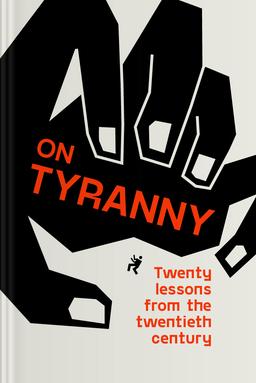You’ll learn
- The risks democracy faces
- What tools the government uses to manipulate citizens
- Why institutions are the first target of totalitarianism
- How knowledge of history can protect us
Protect the world’s peace. Donate to support Ukraine

first KEY POINT
As global trade expansion promised endless opportunities, progress became a buzzword at the end of the 19th century. Overwhelmed with hope, people neglected a warning sign — mass politics that started to gain more power. Leaders and parties manipulated society's fears and distorted the truth. They claimed to represent public interests, whereas their real intention was usurping power.Totalitarian regimes of the 1920s and '30s were the peaks of this tendency. Authorities exercised laws to their advantage, banning parties with an opposite ideology. Lies became part of domestic politics. For instance, fascists declared that citizens suffered due to other countries' conspiracy.In the 21st century, all these phenomena might resemble remnants of the past. Now human rights are absolute priorities. Yet histories of Nazism and communism show how fragile democracy can be. So, citizens shouldn't take equal rights and elective government for granted: our daily choices and actions sustain or destroy these privileges. The risks of buying into political manipulations and going astray are always high.How can we minimize them? Timothy Snyder believes we should take notes from history. The USA has successful precedents; that's what the Founding Fathers did while designing a democratic constitution. Aristotle's and Plato's warnings rang in their heads when they established a system based on checks and balances. Ancient philosophers reminded them why inequality bred chaos and how politics utilized free speech to gain limitless power.
Now society can learn from more recent times than ancient republics. Snyder has singled out 20 lessons from the last century suited to today's challenges. In the next few minutes, we will discover what undermines democracy and the steps we can take to protect our rights.
second KEY POINT
The first lesson is to avoid obeying in advance. Sometimes fear makes people anticipate the needs of an authoritarian government and give themselves voluntarily. They strive to swap their loyalty for the authorities' favor, yet often it's a vain hope. Instead, they empower rulers to aim higher. For example, the Nazis won the elections in 1932. Yet they dared to change the democratic regime into a dictatorship, in particular, because many citizens offered their services to the new leaders.The second lesson is to protect institutions. They are vital for democracy, ensuring a system of checks and balances. Perceiving them as given or indestructible is a mistake that can have dire consequences. At the beginning of the 1930s, the Jews believed that Nazis would support institutions through which they gained supremacy. But that wasn't the case. Having received the power, the party started Gleichschaltung — gaining totalitarian control over most aspects of society's life, from education and media to trade associations.Sometimes regimes didn't even bother to fake democracy. For example, Russian Bolsheviks immediately eliminated all the institutions after coming to power; the provisional government of Alexander Kerensky was among the first ones. Without them, authorities could do whatever they aspired. In many cases, it meant persecuting those who disagreed with them.

Continue reading with Headway app
Continue readingfirst KEY POINT
second KEY POINT
third KEY POINT
fourth KEY POINT
fifth KEY POINT
sixth KEY POINT
seventh KEY POINT